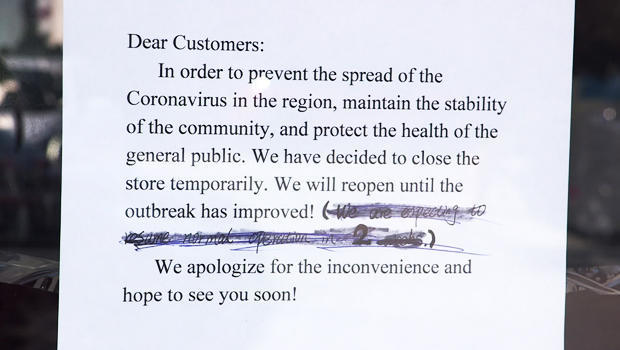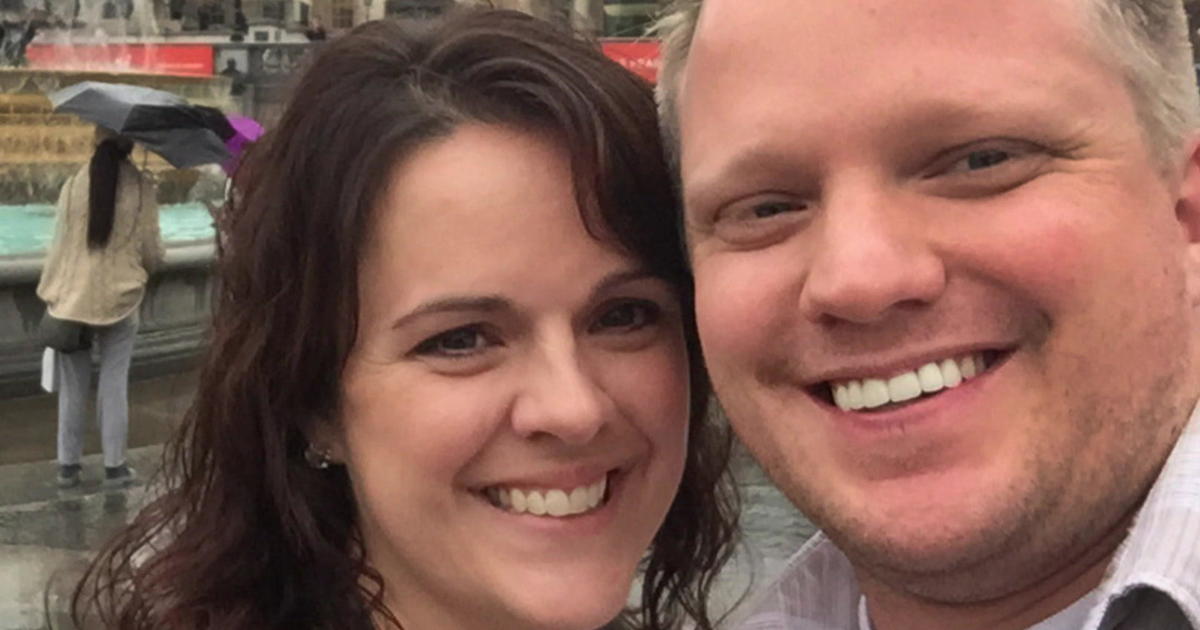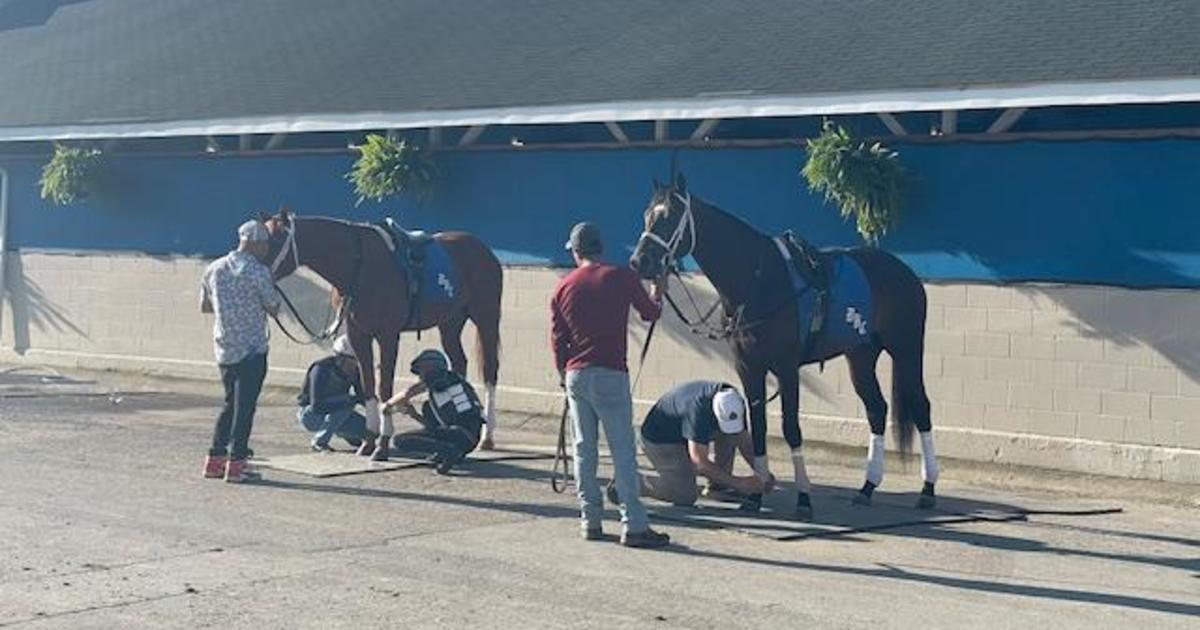Tough times ahead for small business owners
Jeff Garnett is proud of his tattoos, and has made a business out of them – not by putting tattoos on, but by taking them off. "I, as a customer, started looking at tattoo removal, and I just hated everything about it," he said.
So, in 2012 he and his wife opened a laser tattoo removal shop, Clean Slate Laser, and soon expanded to six locations, with eight employees in the New York area.
Then, the virus hit. "I did keep the employees on as long as I could, but then it did come to a point where I just said to them, 'Look, we're gonna have to temporarily let you go,'" Garnett said.
Dr. Veronique Baptiste Germaine launched her eye care business, Visionique Family Eye Care, 17 years ago. "We're noted as essential care workers, but they've asked us to postpone routine care, and just do urgent cases," she said.
Her office is now only open for limited hours on Saturdays; that means part-time work for two of her employees, and furloughs for the other two.
Dr. Germaine said, "They understand that there's nothing coming in and I can't see patients, so it's gonna be hard for me to pay them. And they also understand I have to pay rent."
At The Nurtury, a group of six Montessori child-care centers in Florida and New York, they've gone from 150 students to just six; they're keeping one center open for children of essential workers, like nurses and doctors.
Co-owner Brianna Banahan said they're still paying their 47 employees, for now.
"Our goal has been to keep them on payroll, working from home as best as you can," Banahan said. "And many of them are helping us create online learning for infants, toddlers, and three- to six-year-olds, which is a challenge in itself."
According to the Bureau of Labor Statistics, just over half of all American workers (52.4%) are employed by small businesses (companies with 500 or fewer workers).
"Having an unexpected health crisis was not on any of these small businesses' radar," said Elissa Bard, vice-president at Community Capital New York, a nonprofit that helps small businesses get financing. "They don't have disaster contingency plans; they don't have Plan B."
CBS News business analyst Jill Schlesinger asked Bard, "What is it that they need right now?"
"They really need access to capital immediately. They can't handle weeks or months of waiting for the financing to hit their bank account because they have bills to pay today, [or] yesterday, [and] employees to keep on their payroll if they possibly can."
Many are counting on the $350 billion in Small Business Administration loans that are part of the $2.2 trillion CARES Act. Because of surging demand, lawmakers are working to add another $250 billion to the program.
"It's absolutely critical," said Dr. Germaine. "I don't see a lot of businesses surviving without that help. The problem is, how far is that help gonna go? Because that money's gonna go very quickly. Sometimes that's only two months' rent."
The government is offering $10,000 disaster loans, which are made directly by the Small Business Administration. There's also the Paycheck Protection Program to help companies retain workers and pay for some additional expenses, like rent and utilities, which can be forgiven. To access this money, owners have to go through banks.
It's been a frustrating process so far for many employers.
Brianna Banahan said, "We have not heard back from that application process. And then the second option is the payroll protection loan, so that, we actually haven't even been able to apply for that yet."
"I reached out to my bank, and they basically sent out an email saying that they don't really have anything in place yet," said Dr. Germaine. "They haven't gotten instruction."
"CBS Sunday Morning" reached out to the SBA about the logjam. They were unwilling to provide any official to offer an explanation.
The need is urgent: According to the U.S. Chamber of Commerce, 24% percent of the country's small businesses say they will close permanently within two months without a financial lifeline.
Dr. Germaine speaks for many seeing tough times ahead: "I'm hoping I'll be able to keep it open. But you know, there's a big uncertainty there. So, it's unnerving, you know, 'cause I really don't know."
For more info:
- Visionique Family Eye Care, New Rochelle, N.Y.
- Clean Slate Laser Tattoo Removal (New York, New Jersey)
- The Nurtury-Montessori (New York, Florida)
- Community Capital New York
Story produced by Alan Golds. Editor: Ed Givnish.
More from Jill Schlesinger:
- Understanding the record jobless numbers ("Sunday Morning")
- Help wanted: Coronavirus and job prospects for U.S. workers ("Sunday Morning")
- The economic fallout of coronavirus ("Sunday Morning")




